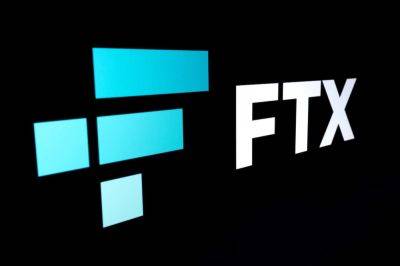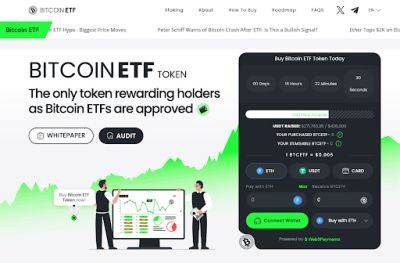EU Council Adopts DAC8 Directive to Enhance Tax Oversight on Crypto Transactions
The Council of the European Union has ratified a directive amending the region's standing rules on tax administrative collaboration on October 17, 2023. This amendment, commonly referred to as DAC8, primarily targets the reporting and automatic information exchange regarding revenue stemming from crypto-asset transactions and advance tax rulings for high-net-worth individuals.
The directive’s primary goal is to fortify the existing legislative framework by widening the ambit of registration and reporting mandates, thereby enhancing the overall administrative synergy of tax authorities. The directive now encapsulates additional asset and income categories such as crypto-assets. A mandatory automatic information exchange between tax authorities is introduced, necessitating reporting by crypto-asset service providers. Previously, the decentralized essence of crypto-assets posed a formidable challenge to member states’ tax administrations in ensuring tax compliance. The cross-border characteristic of crypto-assets necessitates robust international administrative collaboration to actualize effective tax collection.
DAC8 extends to a vast range of crypto-assets, drawing upon definitions delineated in the Markets in Crypto-assets Regulation (MiCA). This includes crypto-assets issued in a decentralized fashion, stablecoins, e-money tokens, and certain non-fungible tokens (NFTs).
Tracing back to December 7, 2021, the Council expressed its expectation for the European Commission to unveil a legislative proposal in 2022 concerning the revision of Directive 2011/16/EU on tax administrative cooperation (DAC), specifically addressing crypto-assets and tax rulings for affluent individuals. Following through, on December 8, 2022, the
Read more on blockchain.news

 blockchain.news
blockchain.news



















